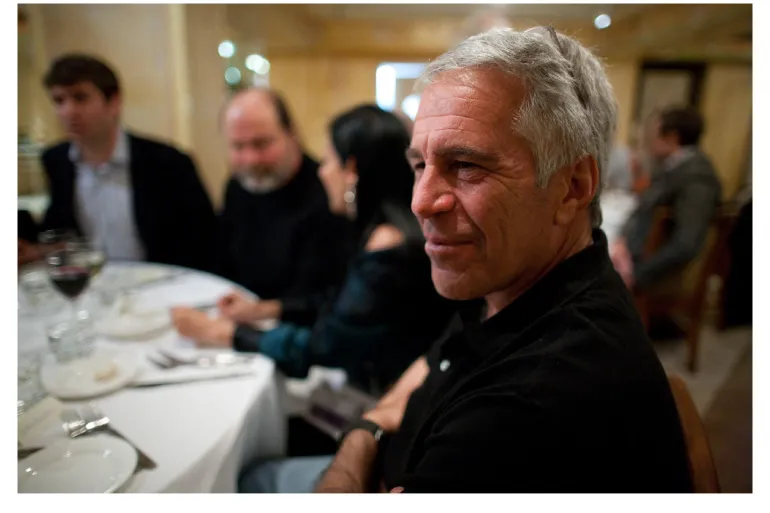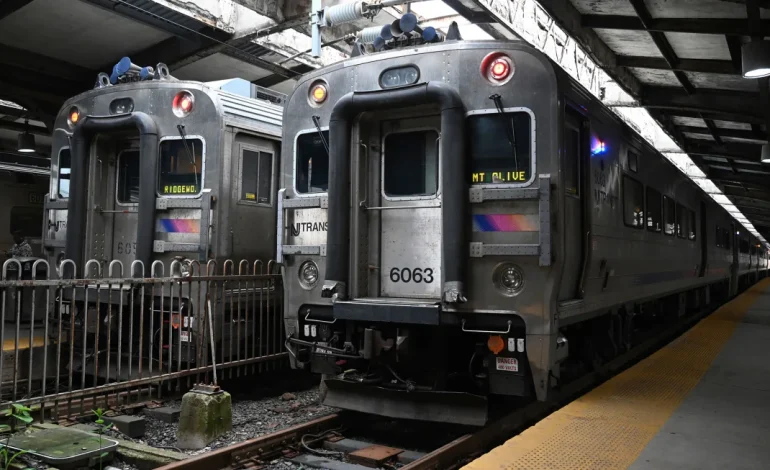Train service across New Jersey Transit came to a standstill early Friday morning as engineers launched a strike following the breakdown of contract negotiations with management.
The stoppage has effectively shut down the nation’s third-largest commuter rail system, leaving thousands of commuters and event-goers in the New York metropolitan area scrambling for alternatives.
The strike, initiated by the Brotherhood of Locomotive Engineers and Trainmen (BLET), affects nearly 450 engineers who operate NJ Transit’s trains. Negotiations between the union and NJ Transit leadership concluded late Thursday without reaching an agreement, despite efforts to broker a last-minute deal with assistance from the National Mediation Board earlier in the week.
With no trains running, NJ Transit and New Jersey Governor Phil Murphy have urged commuters to work from home if possible. Though the agency has expanded bus services and contracted private carriers, officials acknowledge that these efforts can only accommodate a fraction of the more than 100,000 daily rail passengers.
“This is a significant disruption to our transit infrastructure,” Governor Murphy said during a Thursday night press conference. “While we respect the engineers’ role in this system, our priority must be to minimize the impact on the public and economy.”
At the heart of the dispute is a disagreement over compensation. The union rejected a tentative agreement earlier this year by an overwhelming margin, citing disparities in pay between NJ Transit engineers and their counterparts at other regional railroads such as Amtrak, the Long Island Railroad, and Metro-North.
Union leaders argue that NJ Transit’s latest offer would still leave their members earning as much as 20% less than engineers on comparable lines. BLET officials say the strike is a last resort after years without a raise, noting that the rejected deal would not adequately address wage competitiveness or long-term staffing challenges.
“They have money for pet projects and a new headquarters, but not for the workers who keep the trains running,” said BLET National President Mark Wallace. “Enough is enough. We will remain on strike until we reach a fair and competitive agreement.”
NJ Transit CEO Kris Kolluri said he remains open to further negotiations and expressed optimism that a resolution can be reached. However, he emphasized that the agency must operate within its financial constraints, noting that agreeing to BLET’s proposed terms could trigger costly “me too” clauses in other union contracts.
“If we accept this wage package, it would obligate us to provide similar raises to other unions, raising our annual costs dramatically,” Kolluri explained.
NJ Transit estimates the total fiscal impact could exceed $1.3 billion over five years.
Meanwhile, the effects of the strike are being felt far beyond the daily commute. In addition to widespread traffic congestion expected across the Hudson River crossings, concertgoers heading to MetLife Stadium for Shakira and Beyoncé performances are likely to face delays and limited transit options. NJ Transit has already canceled special event train service to the stadium.
The strike marks the first statewide transit walkout in New Jersey in more than 40 years. Historical precedent suggests that a prolonged strike is possible. Similar labor actions at other commuter railroads in the 1980s lasted from several weeks to several months.
While Congress has the authority to intervene under the federal Railway Labor Act—often used to end strikes at major freight railroads—there has been no indication that federal lawmakers plan to take action in this case.
In the interim, commuters have been advised to use bus routes where available, consider ride-sharing, or postpone non-essential travel. NJ Transit rail tickets are being honored on the agency’s buses and light rail lines, but not on Amtrak, PATH, or private carriers.
Despite the disruption, both sides have indicated a willingness to return to the negotiating table. Talks are expected to resume by Sunday morning, and officials remain hopeful a deal can be struck to restore service and avoid further escalation.
“This is not a lost cause,” said Kolluri. “It’s an imminently achievable deal.”
CNN, ABC News, and the New York Times contributed to this report.









The latest news in your social feeds
Subscribe to our social media platforms to stay tuned